The first one was with the results of my AFP prenatal screening test. Since this was a screening test my doctor wasn't delivering a confirmed diagnosis, but rather should have been letting me know what my chances were for having a baby with Down syndrome. The doctor that called me with the results was one from the OB practice that I didn't care much for as I felt pressured by him to have the AFP in the first place. He told me that my results were 'positive' and I should schedule an appointment with the high-risk OB for a level II ultrasound ASAP. He made it sound urgent that I have this u/s done with no time to waist. I remember asking him if there were any kind of numbers from the test - I don't know what I was looking for, but something concrete. He told me no, just that it was positive. He was very brusque and hurried. He was incorrect in telling me the test was positive (yes, Kayla does have Ds, but again, this was a screening test - not a diagnostic test). He was also incorrect in telling me there were no numbers. I found out at my next appointment that week with a different OB in that practice (not the high-risk OB) that the screening test showed I had a 1 in 88 chance of having a baby with Ds.
After Kayla was born I looked at her face and immediately recognized the characteristic shape of her eyes and knew in my heart that she had Down syndrome. I asked the midwife who looked her over briefly but was noncommittal with an answer.
It wasn't until Kayla was taken out of the delivery room for the newborn examination and then a doctor later returned to talk to us about his observation of several characteristics that indicated Down syndrome. This was not a doctor we had ever seen before, he wasn't the doctor from the base who would become her pediatrician. Overall I don't remember him having any bad bedside manner with delivering the news. He indicated they would have to do a blood test to check her karyotype in order to confirm the diagnosis. I don't remember a lot of what he said as I think I was in a fog, but I don't remember it being negative in nature. I felt like he was trying to be upbeat and positive.
The third interaction was with who would become Kayla's pediatrician from the base clinic. We hadn't yet met her, but she was the one who called us with the results of the karyotype. She asked us if we wanted to make an appointment to get the results or get them over the phone. I knew if she was asking if we wanted to make an appointment that meant she had Ds - she wouldn't ask if we wanted an appointment just to say she didn't have Ds. Joe was the one on the phone so I told him to tell her to tell us over the phone; I didn't want to wait for an appointment. When Joe said, "She does" it was obvious what that meant. Again, she wasn't negative with her delivery and when she saw us for Kayla's 2 week well-child visit she was very nice and kind, concerned and caring. She had some info printed off for us about Down syndrome, made sure we were aware of registering her in the military's Exceptional Family Member Program, and giving us the information for the local Early Intervention Center.
Thankfully we didn't have the horror story of diagnosis delivery that other people have received. Unfortunately medical personnel are still delivering the diagnosis in a not-so-caring way.
There are resources for the medical community to use in order to be more effective and neutral when giving a parent this diagnosis - whether pre- or postnatally.
The Lettercase booklet Understanding a Down Syndrome Diagnosis is known as the 'gold standard' for providing this information. It's the only resource that has been reviewed by representatives of national medical and Down syndrome organizations. It provides balanced and up-to-date information.
Down Syndrome Pregnancy's booklet Diagnosis to Delivery: A Pregnant Mother's Guide To Down Syndrome is a wonderful resource for woman who have just received the diagnosis prenatally and are deciding what to do with the information, and for women who have decided to continue the pregnancy.
The Down Syndrome Diagnosis Network provides resources and education and allows parents to give feedback to the medical providers on the quality of their prenatal or birth conversation diagnosis.
Mark Leach of Down Syndrome Prenatal Testing wrote a great article about delivering the Down syndrome diagnosis and the importance of medical providers delivering accurate, up-to-date, unbiased information.
Lastly, many medical professionals fail to mention that adoption is a real and viable option for couples who may decide they don't want to parent their child with Down syndrome. They are only presented with two options, continue the pregnancy and raise your baby - or terminate the pregnancy. Adoption is a third option and needs to be included when delivering this diagnosis. The National Down Syndrome Adoption Network can assist families who wish to pursue this option. Their mission is to ensure "every child born with Down syndrome has the opportunity to grow up in a loving family."
It is 2014, there shouldn't be any reason for a parent to have a negative diagnosis deliver story.





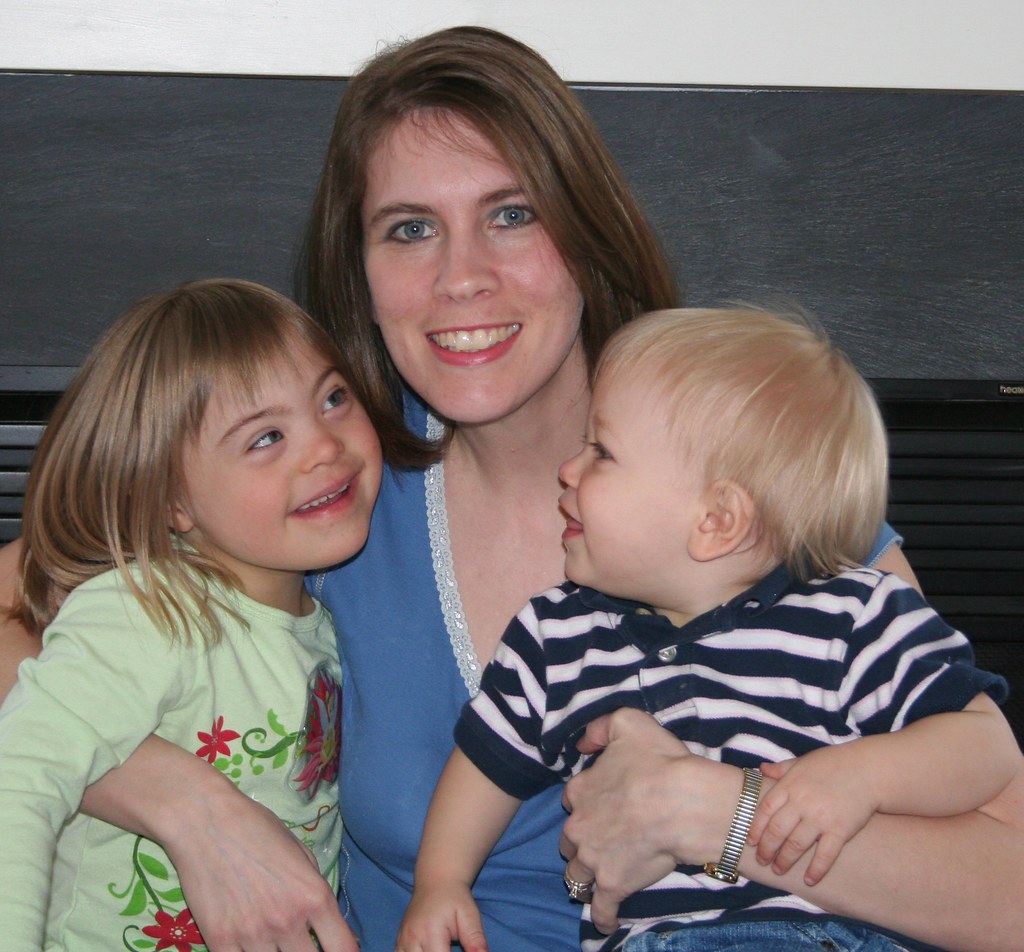
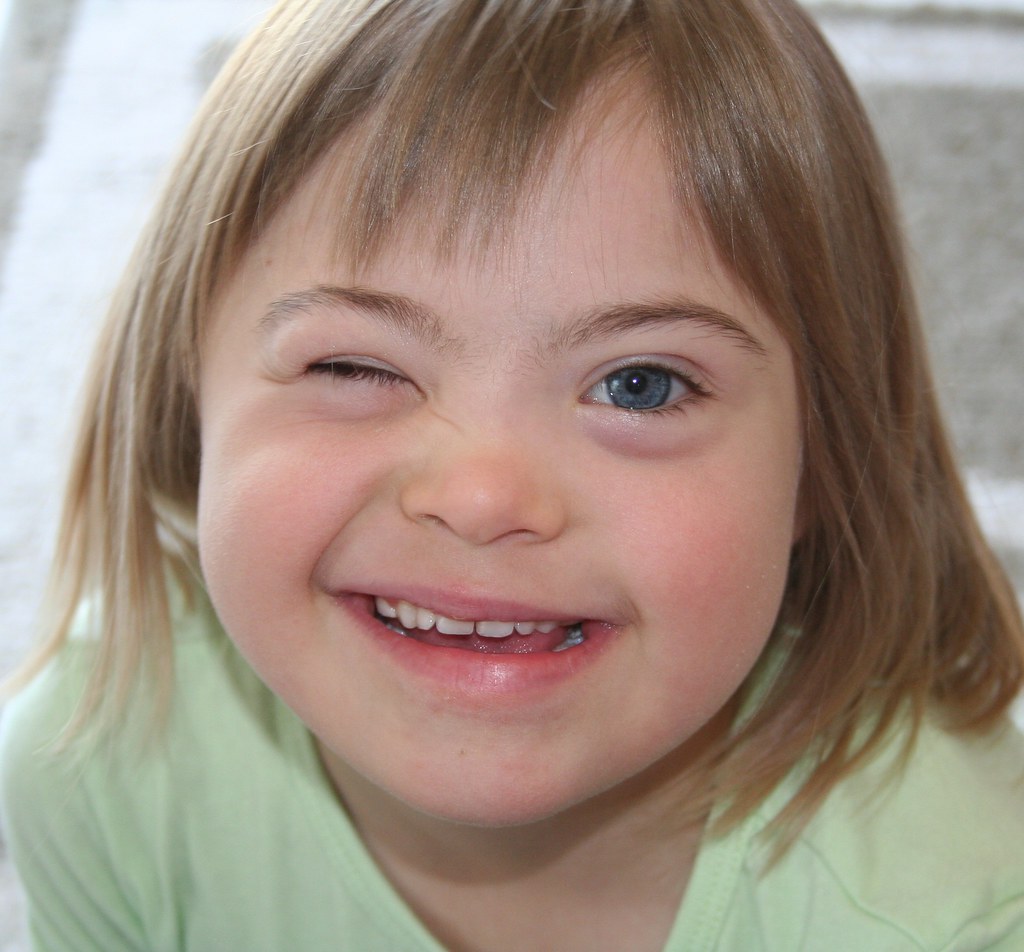

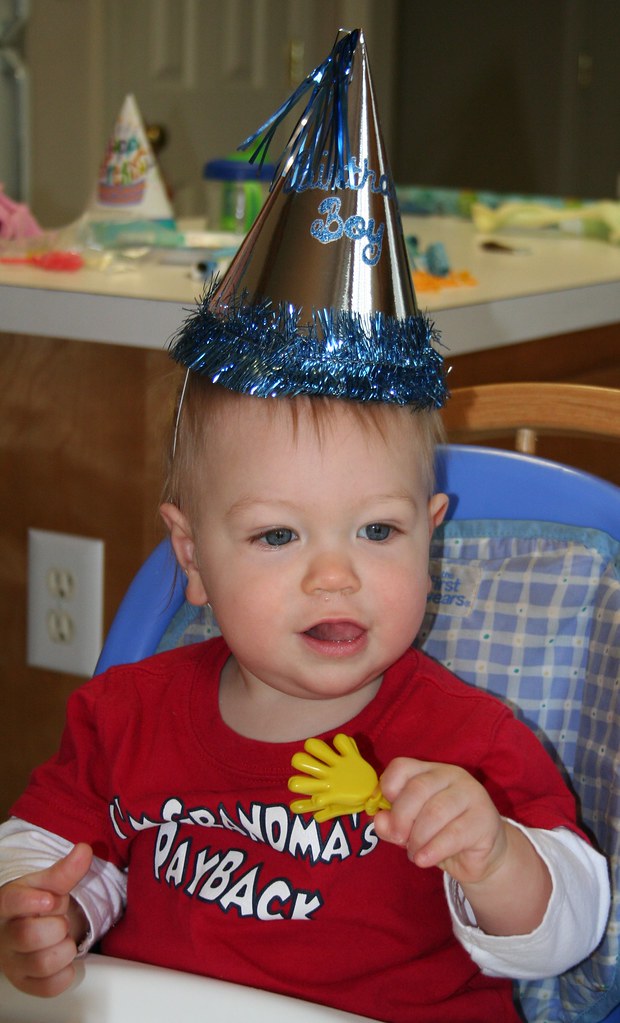
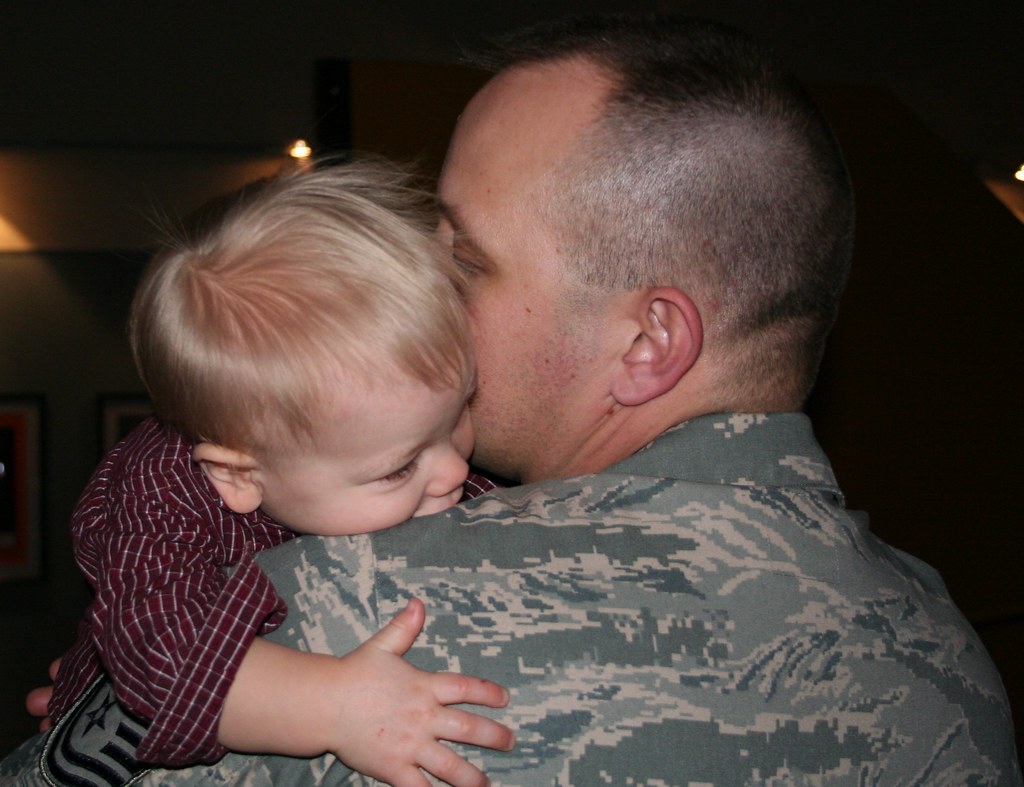
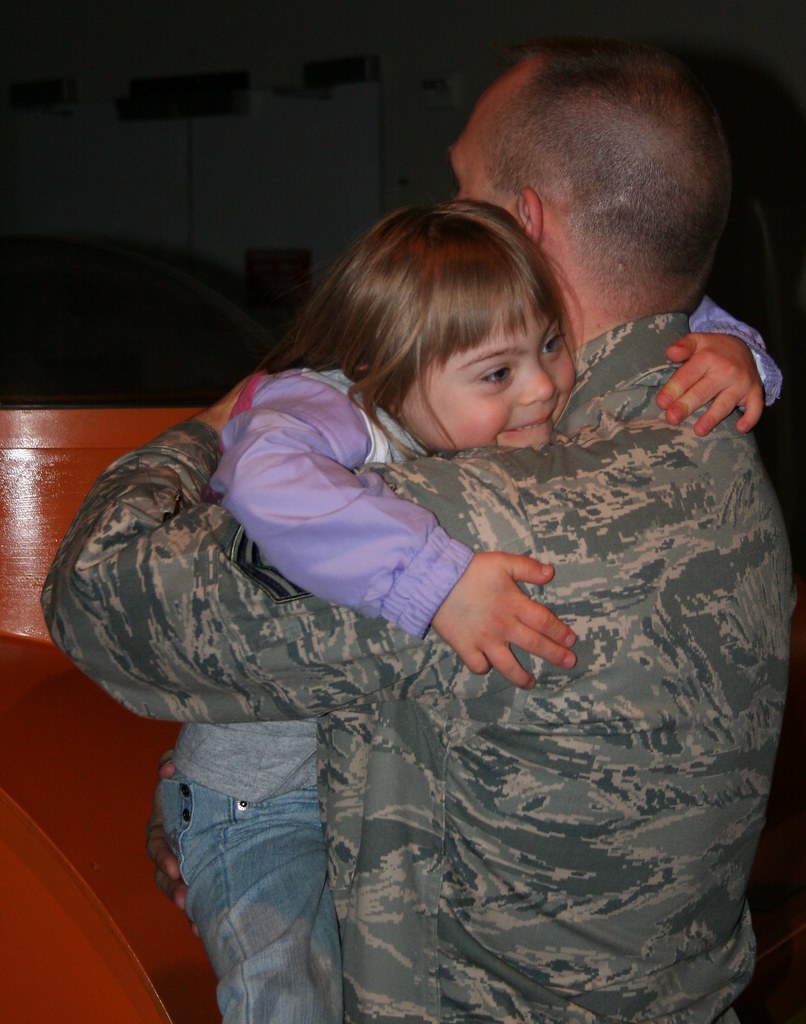
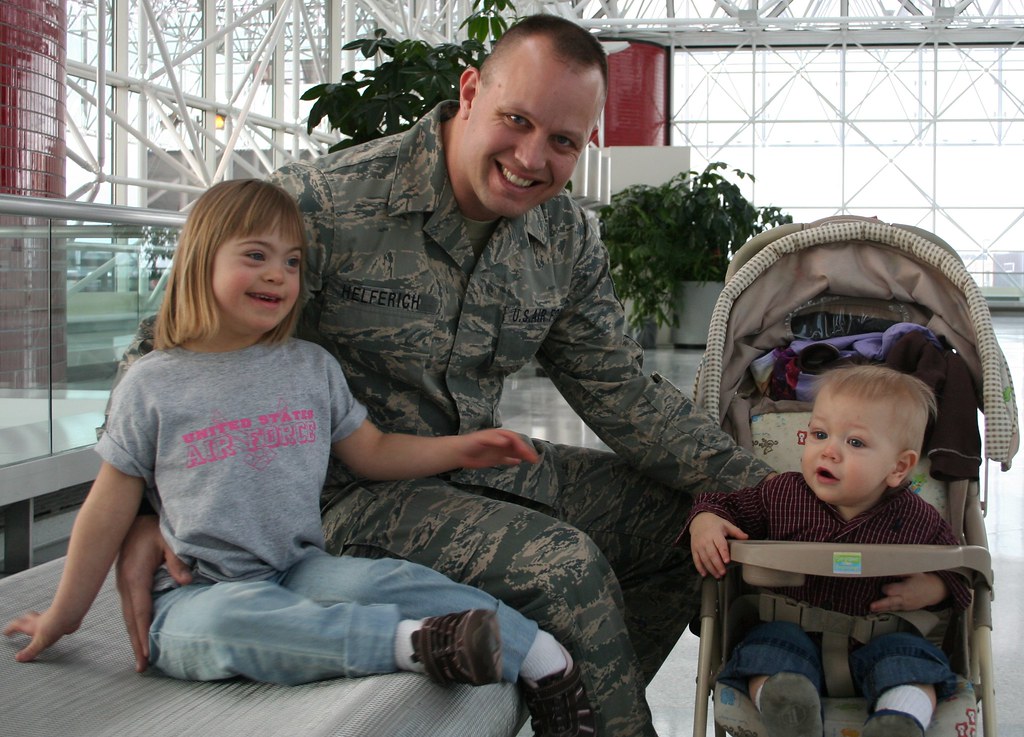
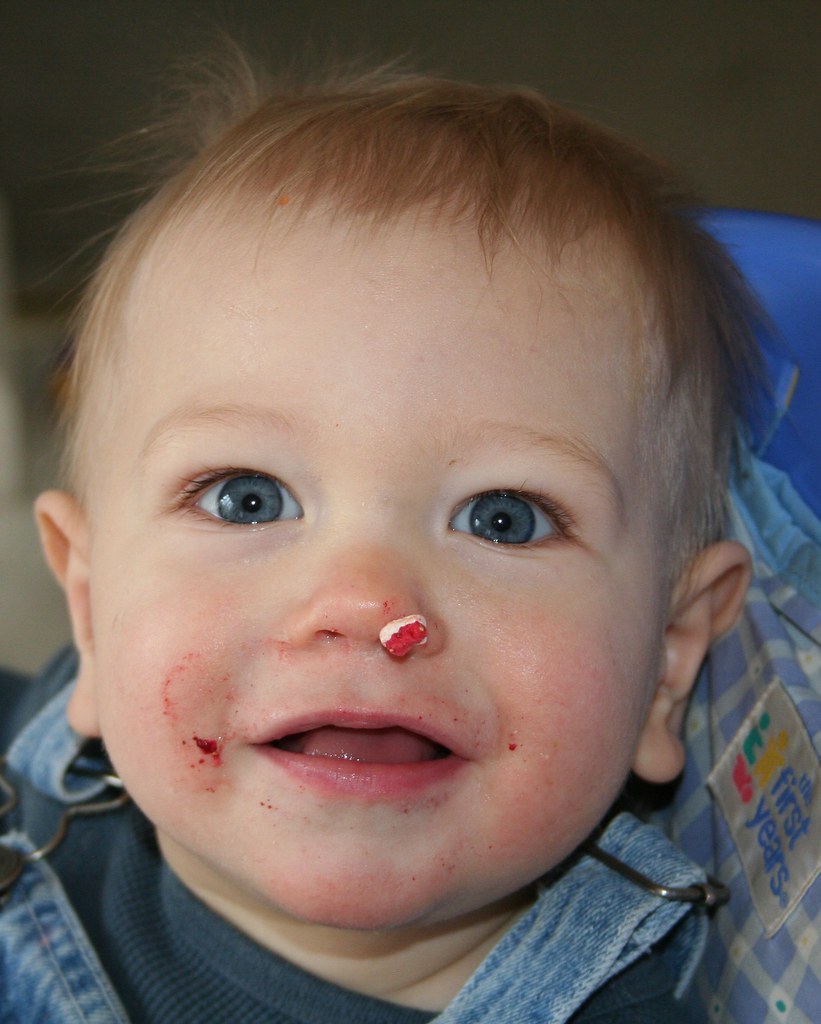
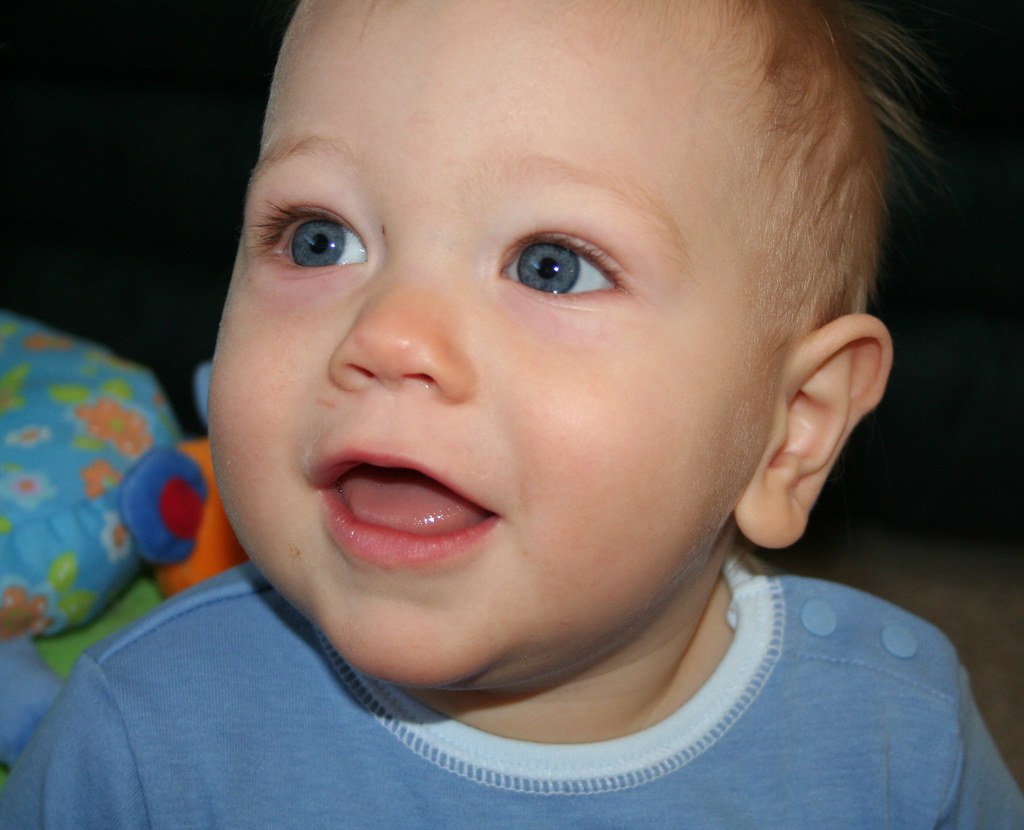
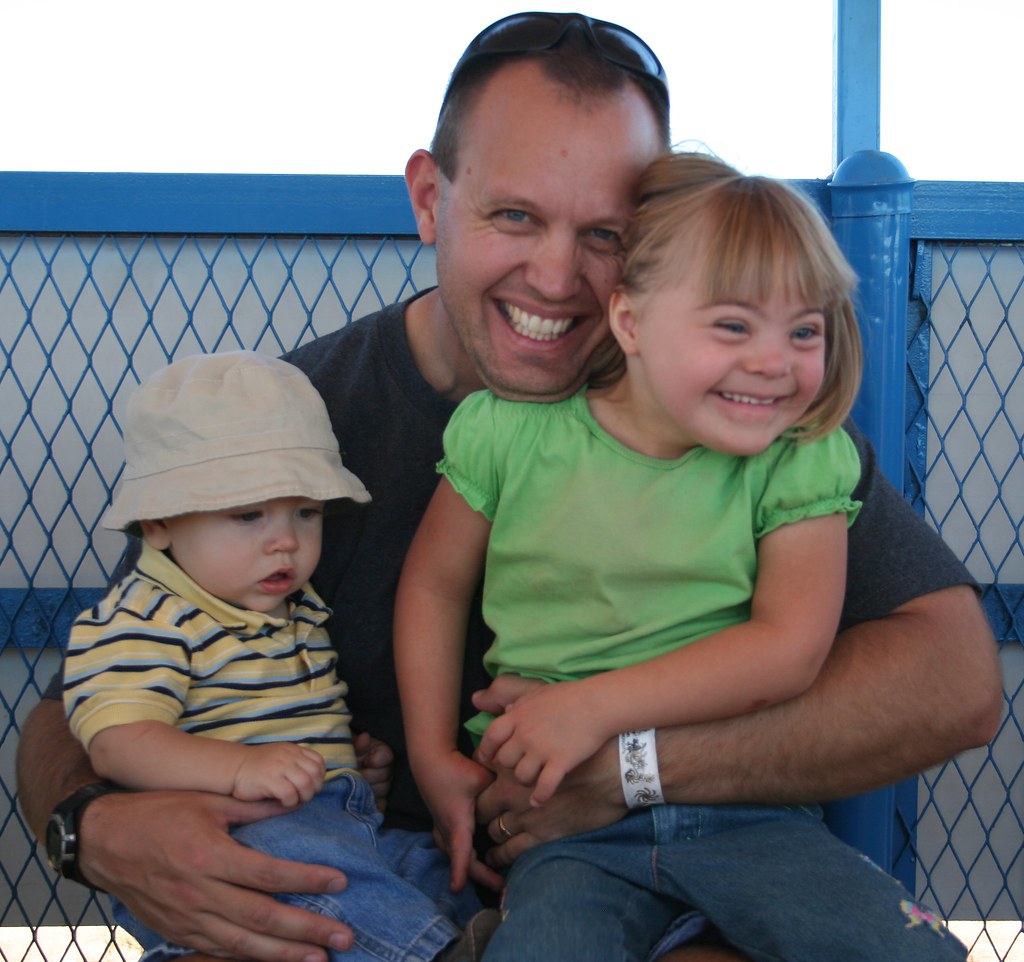
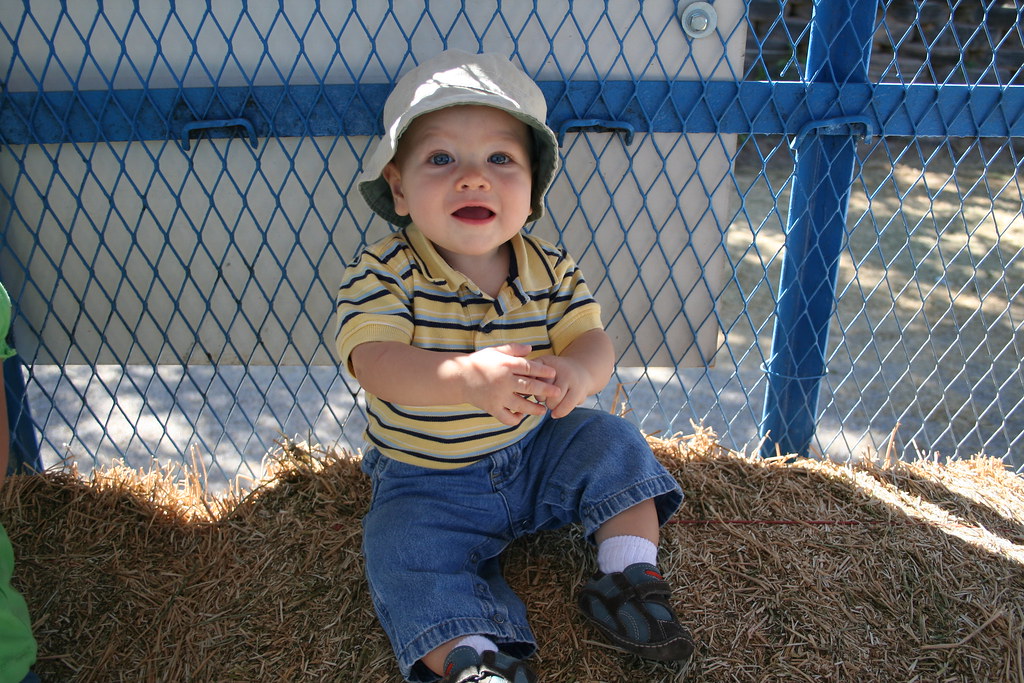

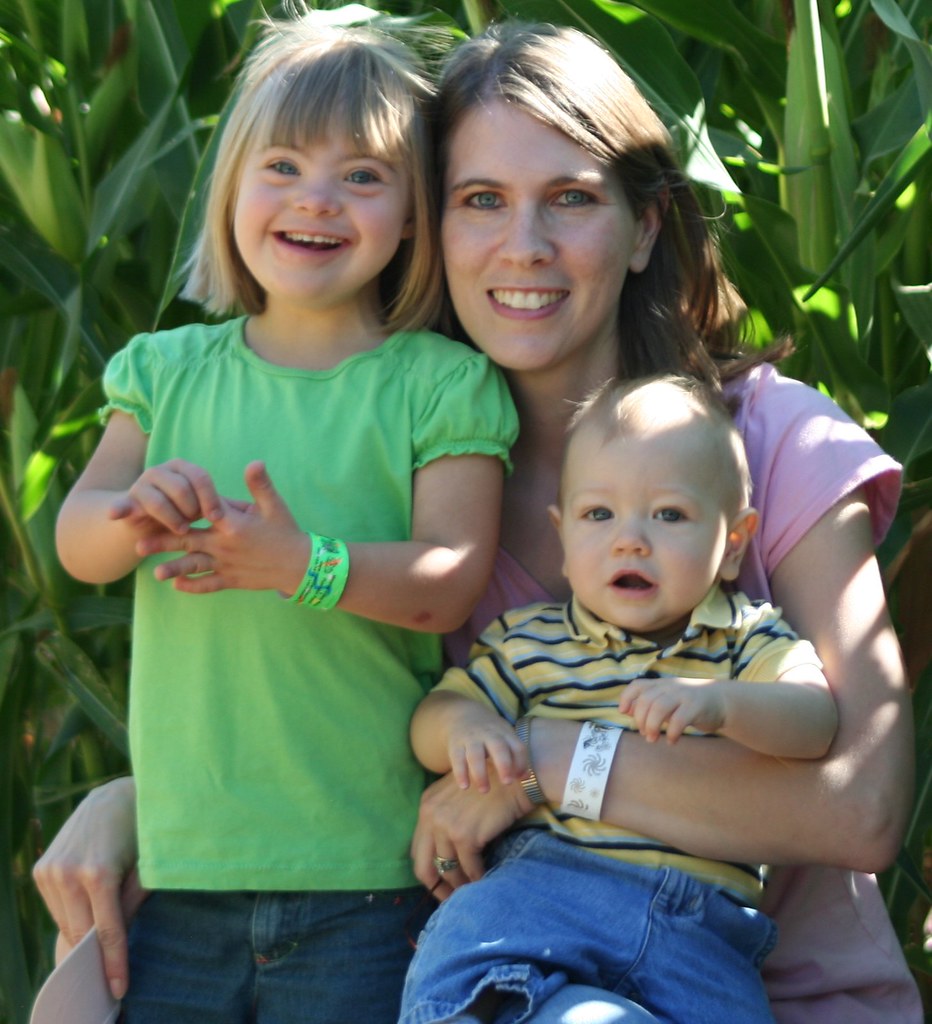
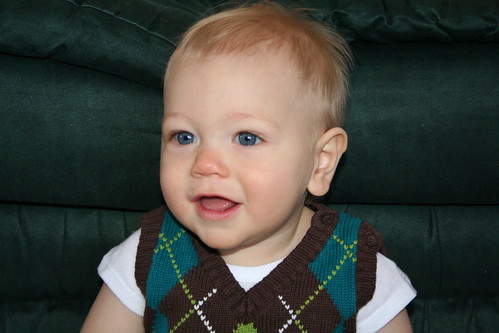

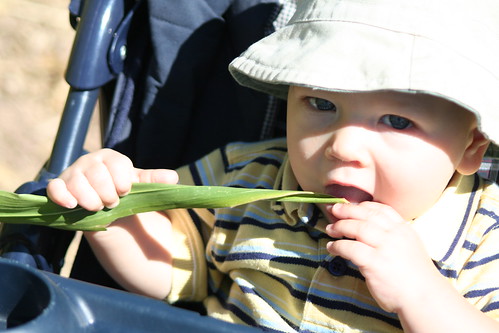
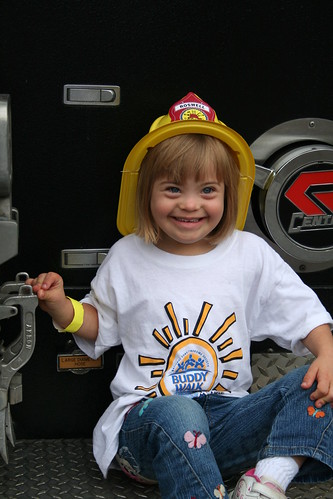
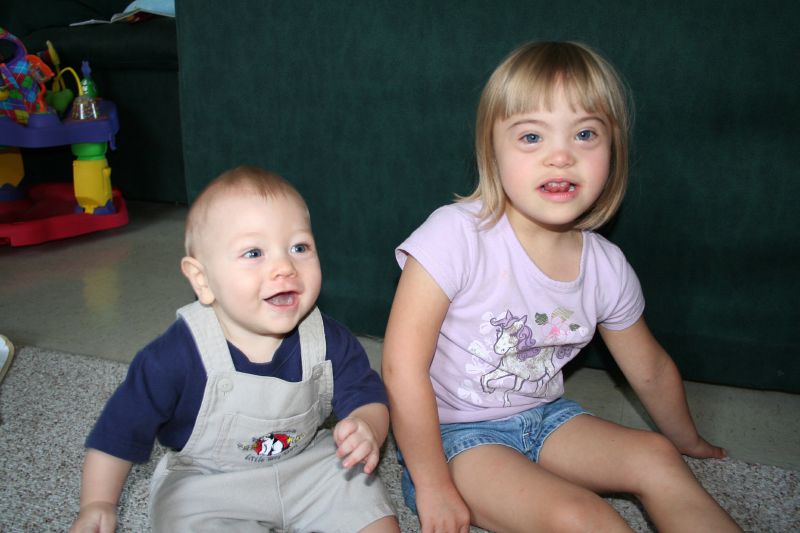


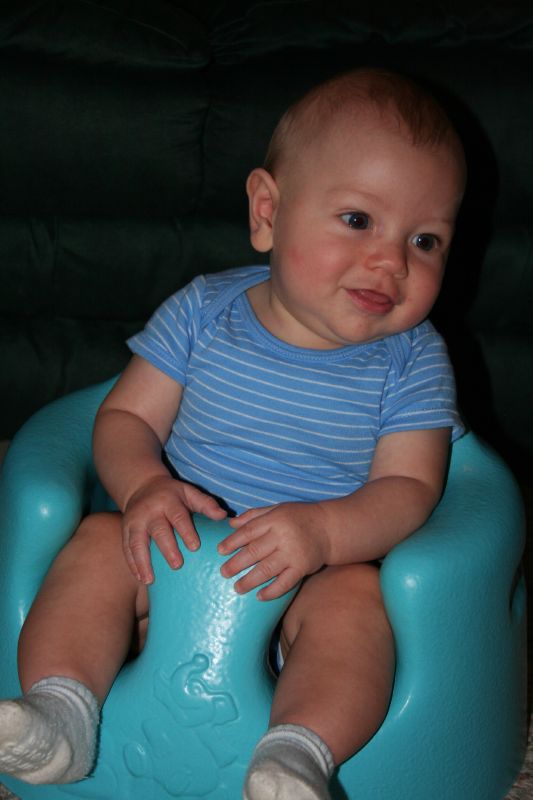


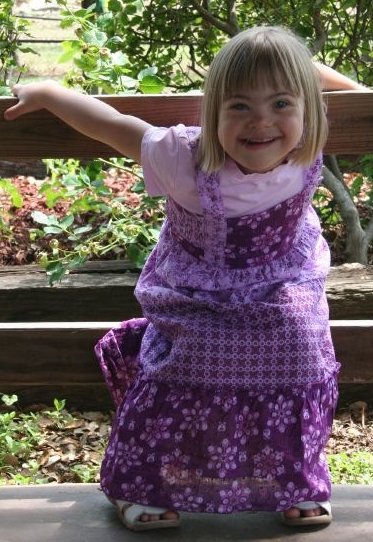
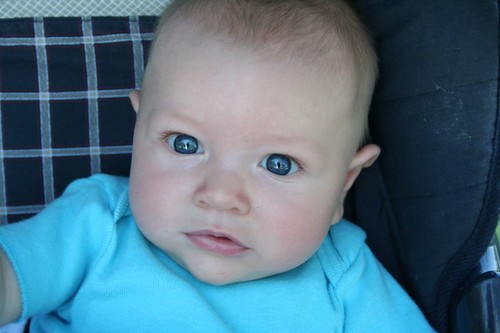
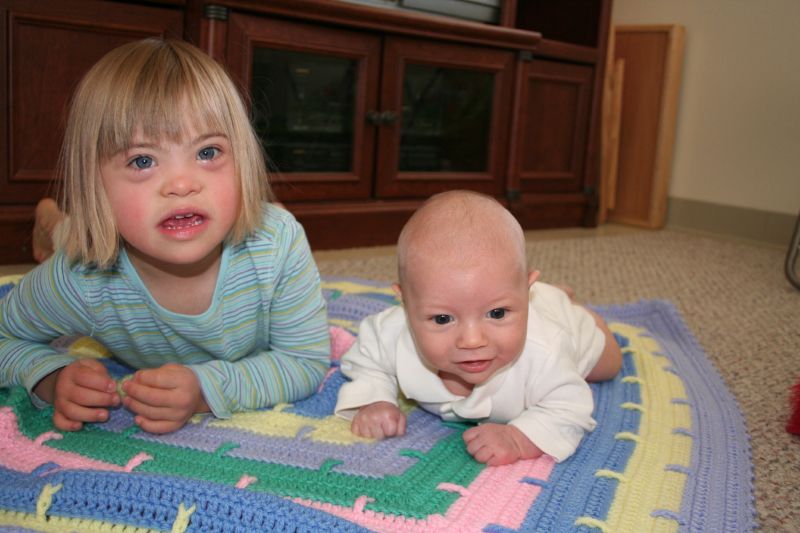
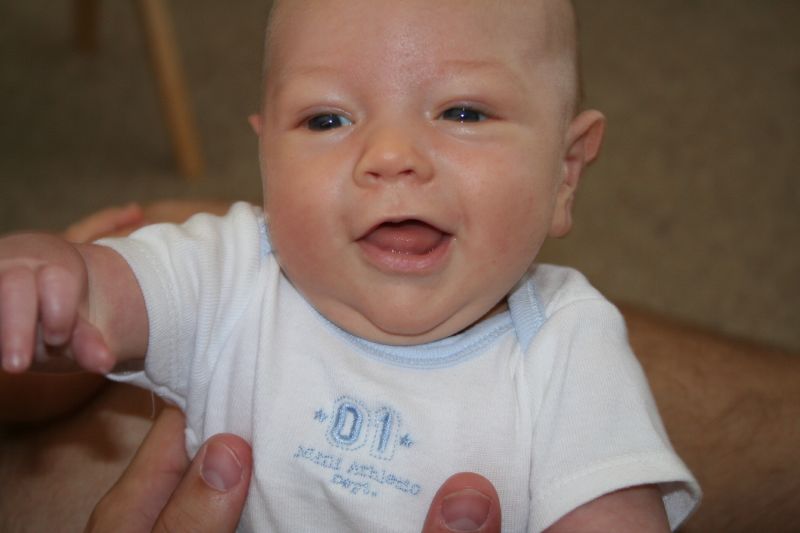
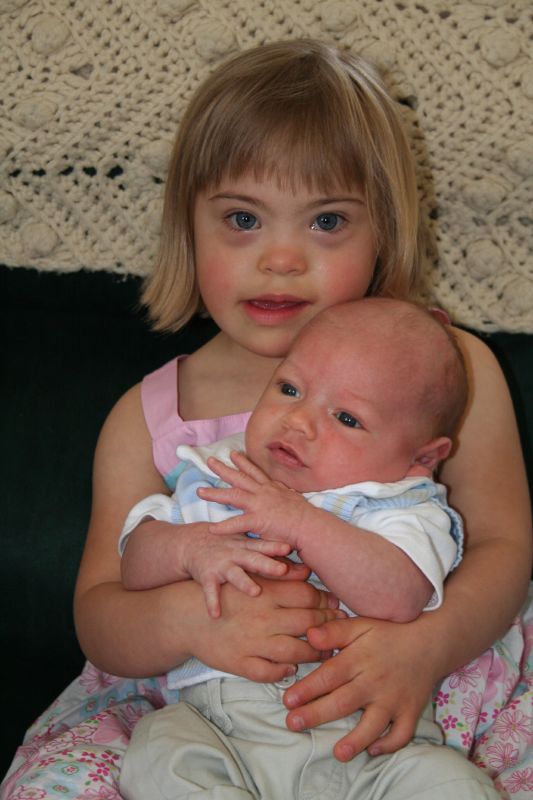
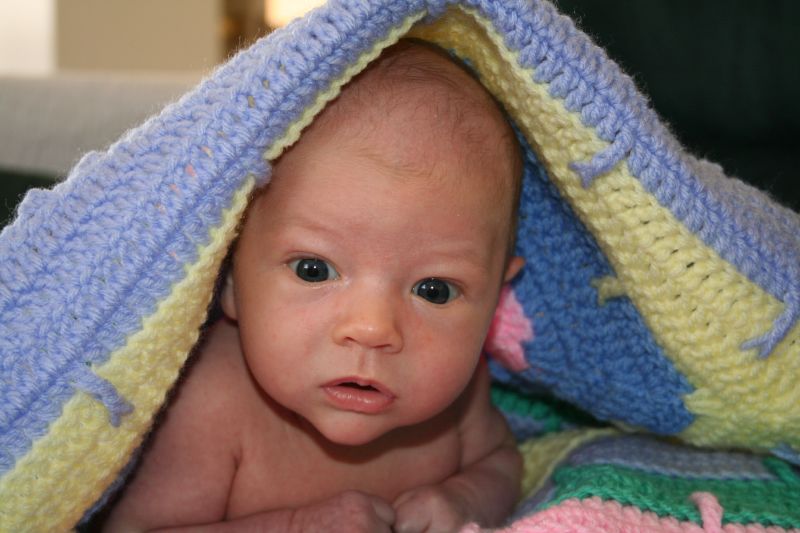
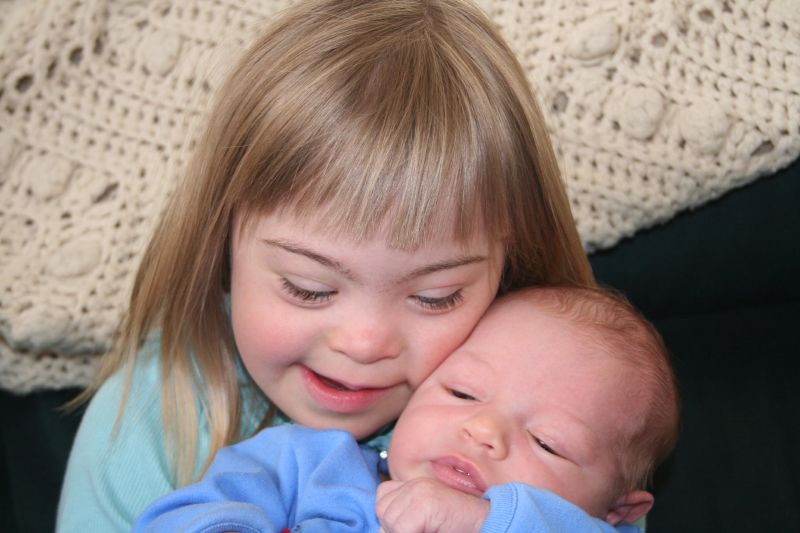
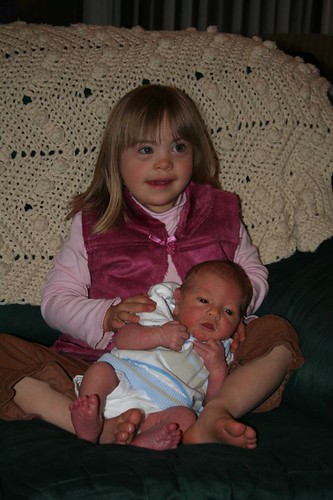
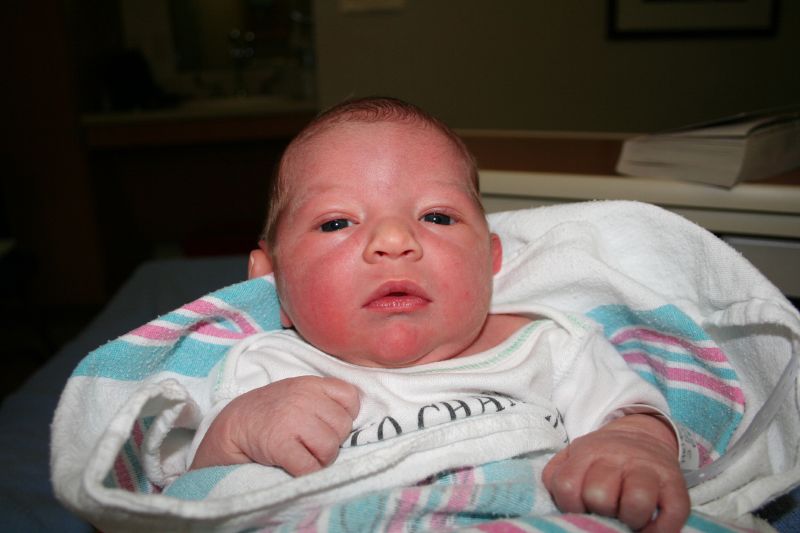
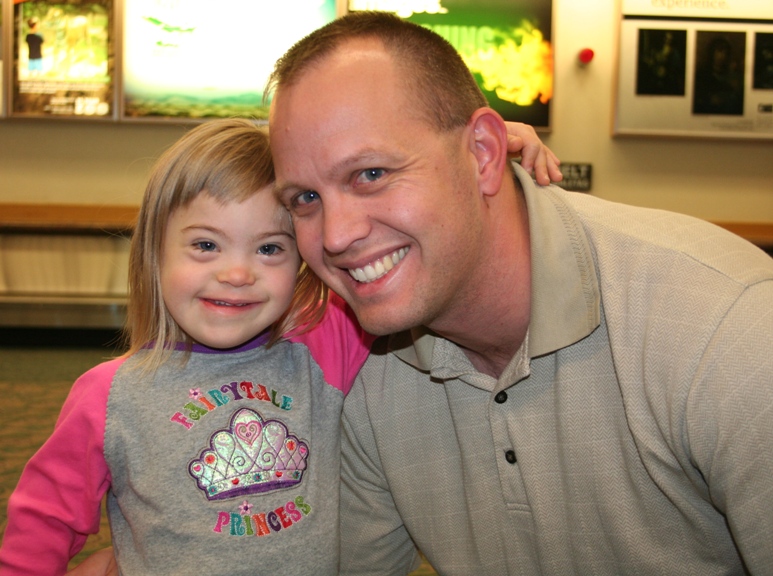
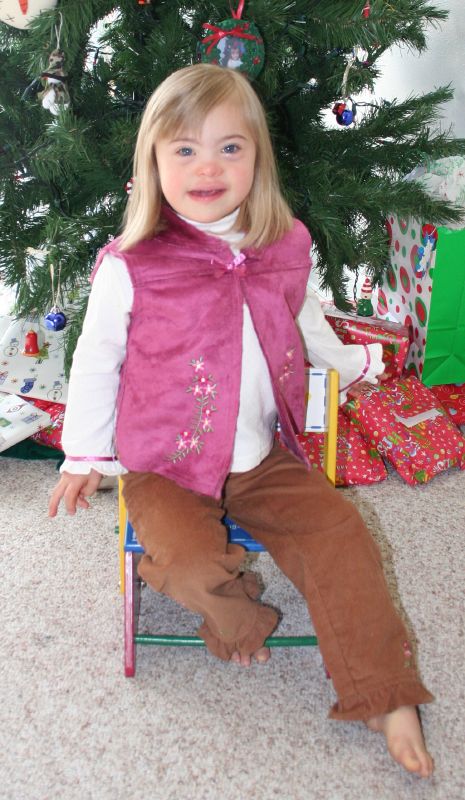
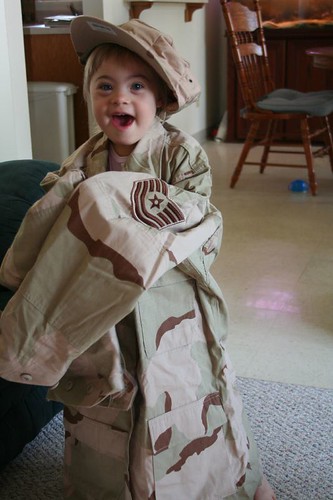
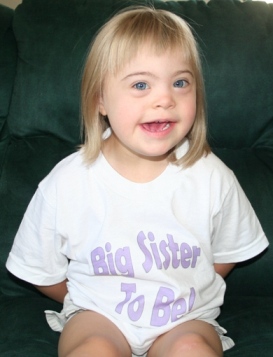

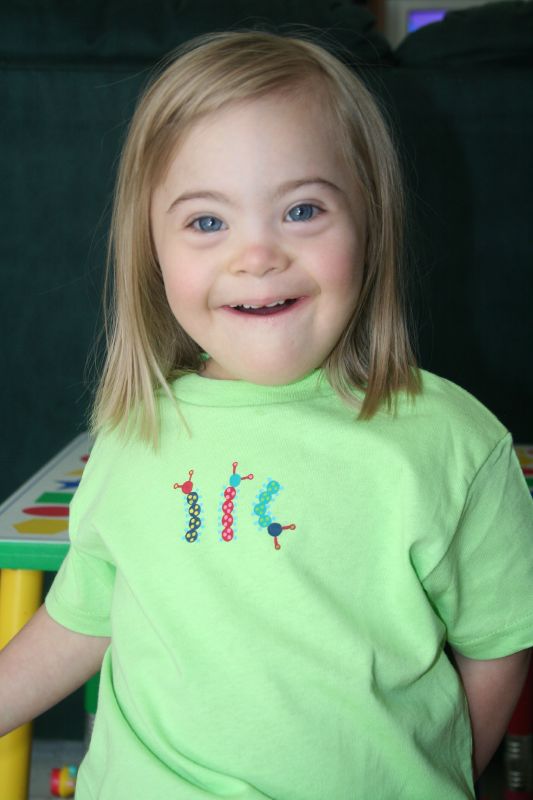
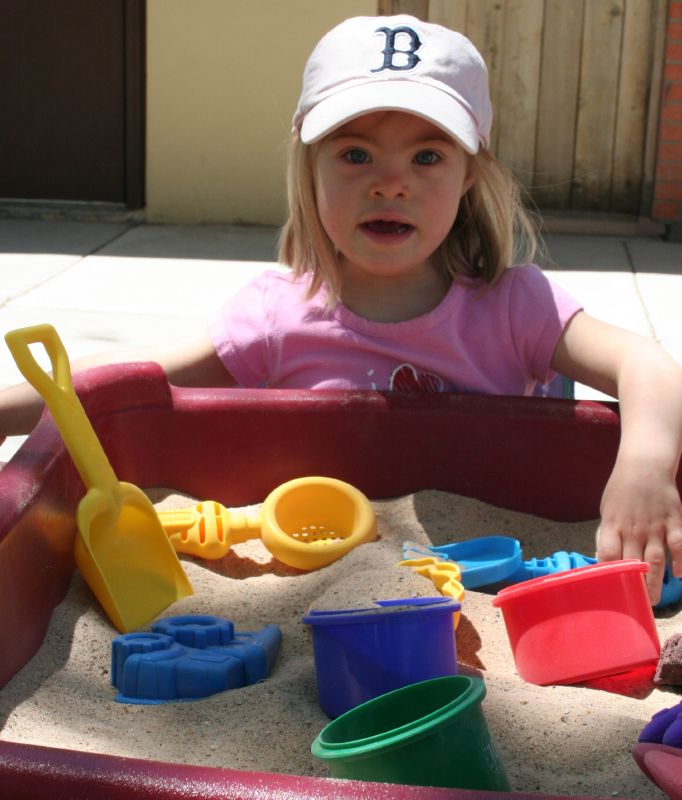


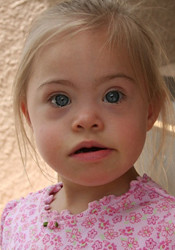
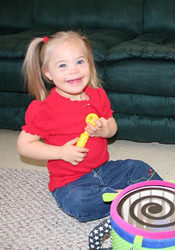



4 comments:
Great post Michelle.
Thank you for the link to my post--interesting that we were both thinking and writing about how to deliver a diagnosis on the same day during Down Syndrome Awareness Month.
I have SOOOO much I want to say and it is going to sound jumbled. First,I love that you added there is a 3rd important option: adoption. That this is an avenue never (or almost never) discussed is heartbreaking. Second, I love that the military call it the Exceptional Family Member program because it makes having a child with needs a positive start and not a negative connotation. Last, I love that you included this post this month. That it is so important for medical providers understand that how they deliver news is just as important as how they deliver the baby.
Thank you for sharing your story and for opening up the topic more generally. I have good friends who got the diagnosis in a way that was very difficult for them. I really appreciate you for all that you do.
Post a Comment